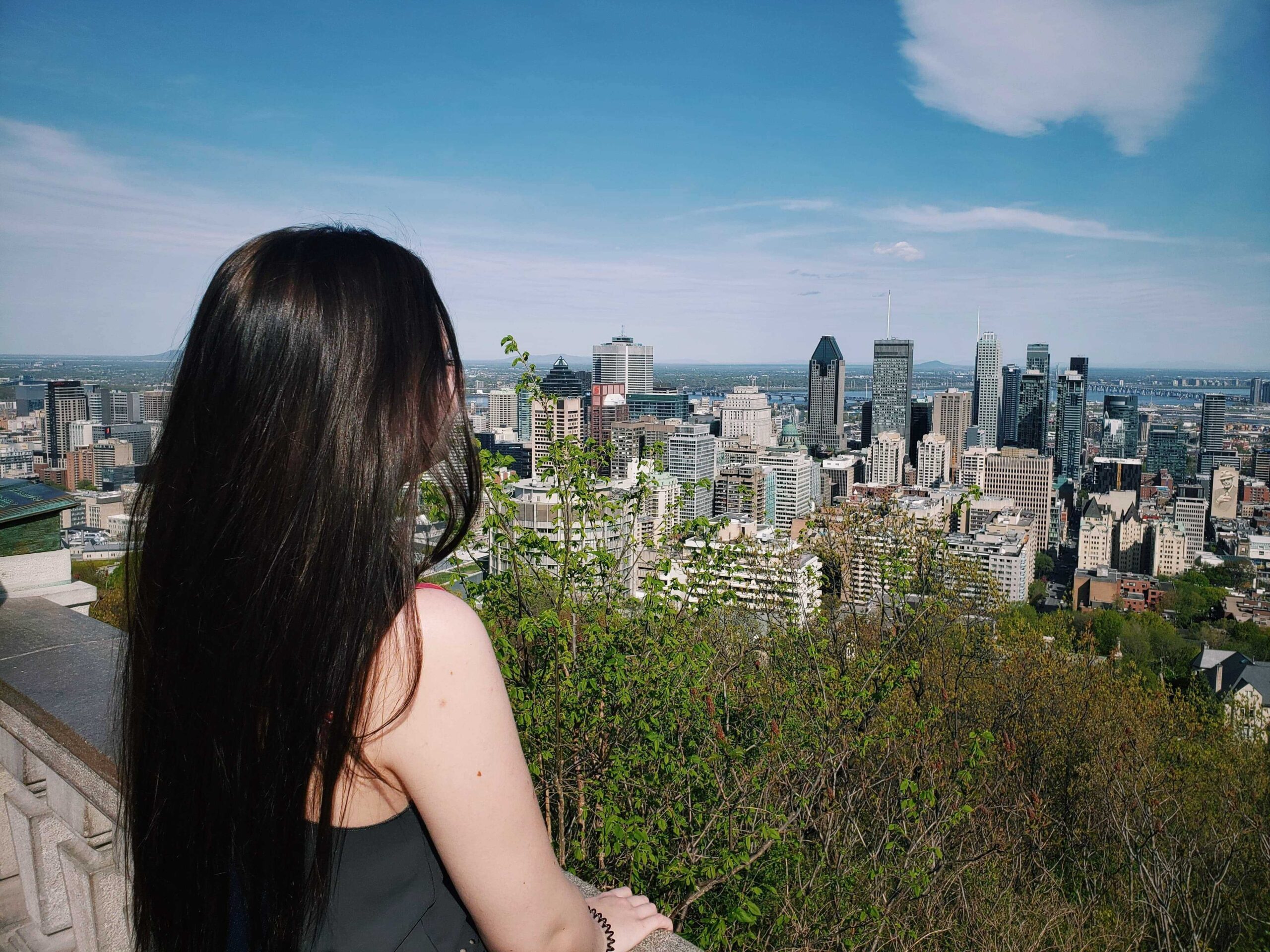You never forget your first love
When I think back to my first love, an image of a person doesn’t come to mind, but rather, a place: my first apartment.
It was a charming five-and-a-half located across from Rosemont’s Maisonneuve Park, and featured abundant natural light, worn-in hardwood floors, and an alley cat who regularly frequented the balcony. It also came with the lingering smell of cigarettes from previous occupants.
As anyone would probably tell you about their first place, it certainly wasn’t perfect; the ceiling in the bathroom was gradually caving in, the kitchen sink had a tendency to clog, and the walls were thin enough to hear the neighbours argue over what to have for dinner. Still, despite all its flaws, I was 19 and was about to live with my two best friends. Life was golden.
Before moving into my dream apartment, I had left the province I grew up in for New Brunswick. It was during spring break of 2018 that I realized I wanted to move back home to Quebec. I was residing in Fredericton, studying at the University of New Brunswick. Having spent most of my childhood living in a small village in the Argenteuil region of Quebec, I wanted to escape to somewhere new the second I finished my senior year of high school. As fun as it was to move to a city where I knew nobody, I began to miss the familiarity of home.
When I flew home to Quebec for spring break, my friends and I spent the night bar hopping in downtown Montreal. On the taxi ride back to our Airbnb, I remember being so mesmerized by the skyline, with its abundance of highrise condos and towering office buildings. Even at 3 a.m., the city was lively and teeming with pedestrians. It was exactly the kind of place where I could see myself living.
Back in Fredericton, I was used to most nights out ending around midnight. Everything moved so much slower on the east coast, something that I had enjoyed at first, but was beginning to grow tired of. When I returned back to Fredericton after spring break, I decided to finish my freshman year and move to Montreal as soon as I wrote my last exam.
When I moved back to Quebec, the apartment hunt began (and my god, was it excruciating). After countless visits, my roommates and I were running low on patience. It was on a humid evening in June that we finally found a place.
To call it a pigsty would be an understatement; the entrance closet, instead of housing shoes and coats, contained a massive pyramid fashioned from empty beer cans. In the kitchen, the current tenants were gathered around a small table, smoking cigarettes and playing cards, with empty Domino’s boxes scattered haphazardly on the floor.
We left feeling confused. Sure, the place was atrocious, we agreed, but did you see those windows? And those hardwood floors? And the double sinks? I’d watched enough house flipping shows to know what a good cleaning job could do, and so we figured that a makeover would render the place liveable. It took many hours, but we succeeded.
In the months that followed, we all began to settle into our new independent lives. We bought our own groceries (and quickly realized how much it would cost to feed ourselves), we argued over whose turn it was to wash the dishes, and we learned to balance part-time jobs and school. It was simultaneously liberating and exhausting. I’m almost certain none of us knew at the time that 2018 would be the best year of our lives.
Our apartment became our one true safe haven, a place where we could escape to when faced with heartbreak, treacherous Canadian snowstorms, or just a bad day at work. Even when we were in our own rooms, we were comforted by the fact that company was right down the hall, just a knock away.
Some of my best memories took place here, from cooking spaghetti together, to lounging on the balcony while listening to The Doors, to night strolls through Maisonneuve Park. Outside of this apartment, we all felt like misfits. And so, in this place, we resembled some sort of odd family, one that wasn’t bound by blood but instead by a shared space.
Nothing prepared me for the day I bid farewell to my first place. It was an immensely bittersweet experience. I often find myself thinking of my last moments in that apartment. I remember handing over our keys to the landlord and stealing one last glimpse of the empty living room before closing the door behind me. I made sure to sear that image in my mind because, frankly, I was — and still am — terrified of forgetting all the memories that took place there.
On days when I’m not pressed for time, I’ll walk past the apartment building. The curtains are still drawn wide open just as they had been when we lived there, affording prying eyes a glimpse into the modest but welcoming kitchen. If I focus hard enough, I can picture my roommates and I still sitting around the table, each of us discussing our day with one another over plates of spaghetti.
Instead of focusing on the goodbyes, this is how I choose to remember my first year on my own: in the company of two of my favourite people.
Photos by Ashley Fish-Robertson
